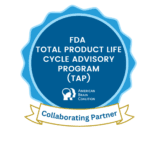Will My Genetic Test Results Have Implications for Family Members?
Will My Genetic Test Results Have Implications for Family Members? Yes, especially if the results show that you have a genetic diagnosis. Your results might reveal that your parents, siblings, and children have a risk for the same condition. Other relatives could have a risk as well. Genetic conditions are Read More…










